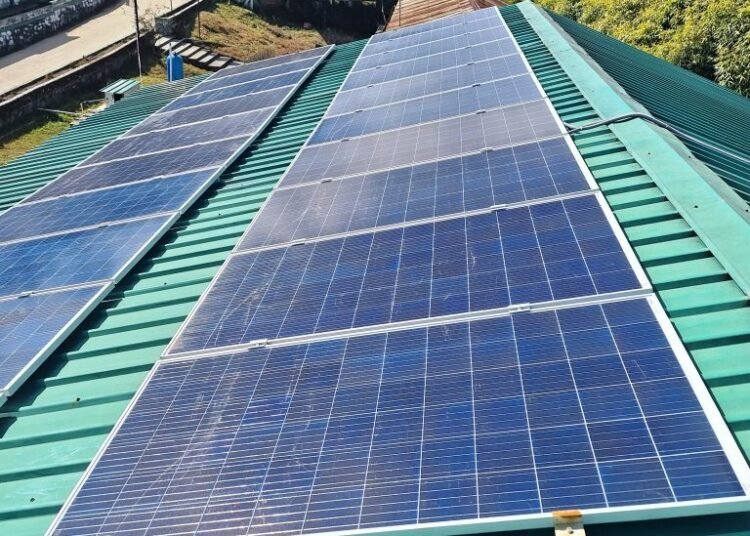Meghalaya leads other North Eastern states in the number of healthcare facilities equipped with solar power.
Meghalaya has been able to power 489 health centres followed closely by Assam with 467, Mizoram (326), Manipur (167), and over 50 in Nagaland.
The figures featured at the two-day Energy for Health Summit: North Eastern Region Chapter that concluded today which was organised by SELCO Foundation in Guwahati.
The event showcased the impacts and progress so far of the ‘Energy for Health’ initiative to solar power 25,000 health facilities across India, with a focus on the eight states of the North East.
Representatives from all eight states were present at the summit contributing to the dialogue towards making over 8500 primary healthcare facilities region climate-resilient.
Access to reliable energy is a prerequisite for the delivery of timely and quality health services whether that is to power critical life-saving equipment such as baby warmers in labour rooms, or to store vaccines for immunisation. Decentralised renewable energy solutions and energy efficient equipment help overcome challenges at the facility level and enable timely services for last-mile, rural and remote populations.
“The uninterrupted supply of electricity has provided us services. It has improved. And apart from that they have also enhanced the activities of the facilities; the wellbeing of the staff has also improved,” Dr. Meena Seram, State Nodal Officer, Maternal Health, Government of Manipur said.
SELCO Foundation has pioneered the design and implementation of decentralised energy for critical healthcare systems using an ecosystem approach that leverages local, regional and state level partnerships.
Rachita Misra, Associate Director, SELCO Foundation noted, “The North East has very unique challenges of remoteness, low population density, remoteness and challenging terrains. This presents opportunities to innovate delivery of health as well as energy services. We invite NGOs, clean energy and medical technology enterprises, all levels of the health department and other government departments in the North East region to help achieve the goal of strengthening healthcare service delivery in the North East region.”
The Operations and Maintenance (O&M) processes of the solar systems are designed for sustainability in partnership with State and District health departments and local clean energy enterprises. Automated remote monitoring systems for more predictive maintenance, appropriate training to health staff on basic utilisation and troubleshooting are some of the key program facets to ensure sustainability. These O&M systems are being customised based on the requirements of each State or region to ensure optimal functioning of the energy system and thereby reliable health service delivery.
Ibamonlang Nongbri, State Program Manager, National Health Mission, Government of Meghalaya expressed optimism about achieving self-sustainability at the health facility level based on her experience with the program.
























